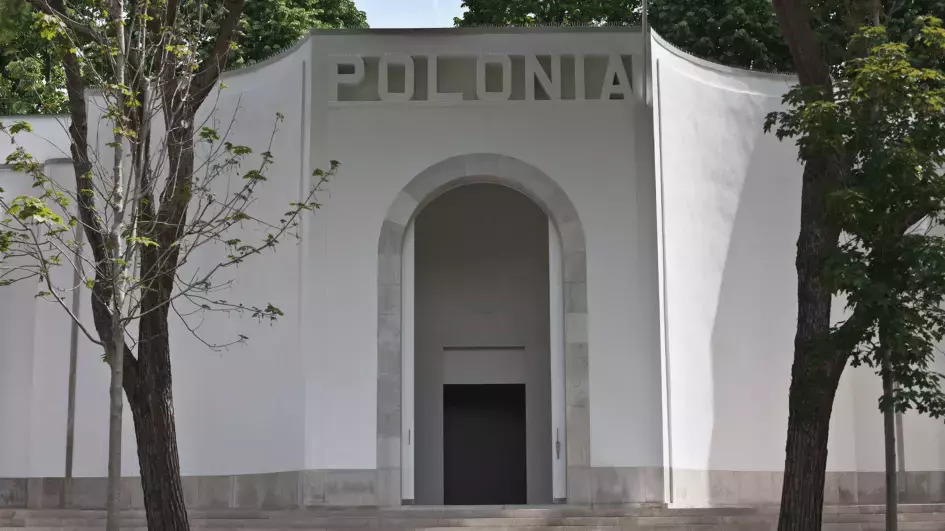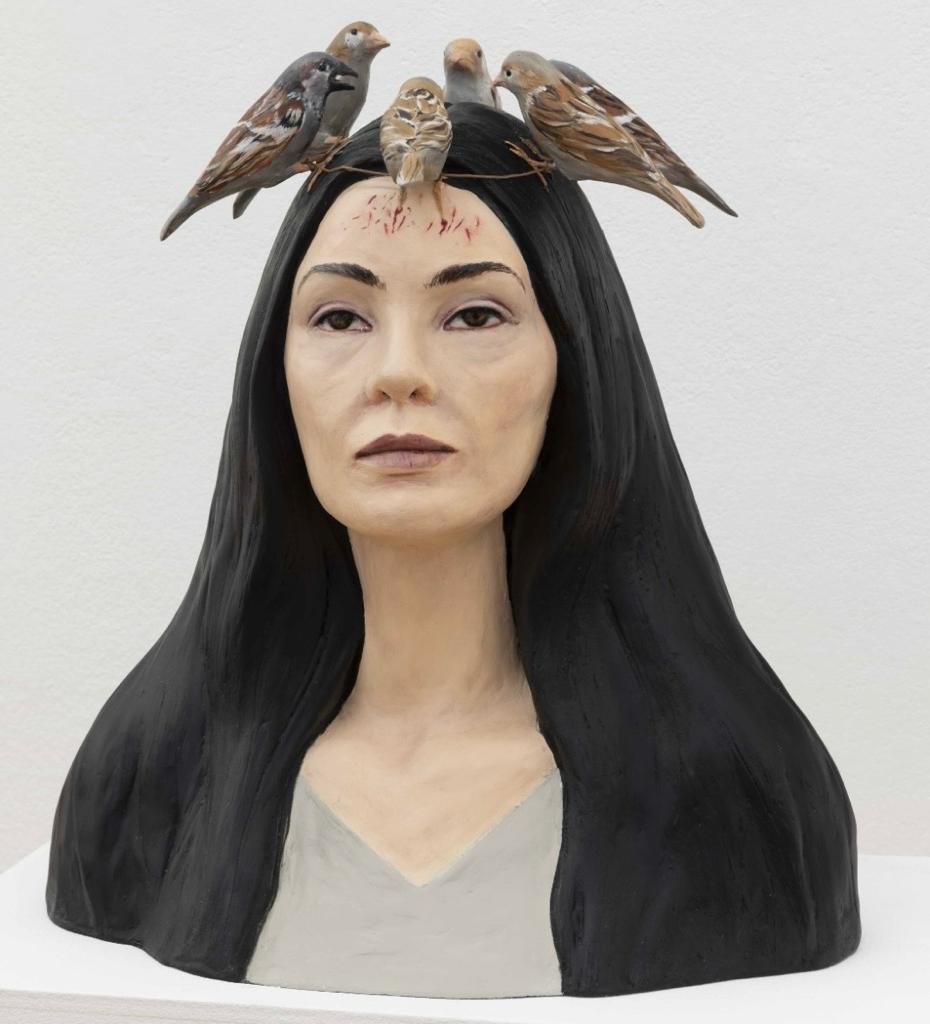After widespread criticism, Poland has called off a pavilion at the 2024 Venice Biennale that was to feature imagery reflecting the conservative government’s politics.
In October, Poland announced that it would be represented by Ignacy Czwartos, who had planned to exhibit paintings that envision the country as having been oppressed by Germany and Russia throughout the 20th century. Instead, the country will now be represented by Open Group, a collective that includes Yuriy Biley, Pavlo Kovach, and Anton Varga.
Last week, the Polish Ministry of Culture issued a statement in which it said the decision came after “analyzing the competition procedures for the exhibition design as part of the 60th International Art Exhibition in Venice in 2024 and after getting acquainted with the opinions and voices of the communities.” Warsaw’s Zachęta – National Gallery of Art will still be the institution in charge of organizing the show.
Czwartos’s pavilion was to include more than 35 works, one of which was to show German Chancellor Angela Merkel and Russian Prime Minister Vladimir Putin near a swastika, according to the project’s initial outline.
Many had criticized the project for echoing the nationalist-populist politics of the Law and Justice party. From 2015 until earlier this month, the party, known as PiS for short, had reigned in Poland, where its members took control of the media and museums, and severely curtailed the rights of women and queer people.
After a general election held in October went in favor of the opposition party, many expected th PiS would leave power before the Venice Biennale opens in April. But it was not always clear whether Czwartos’ pavilion would still take place. Joanna Warsza, a curator of the 2022 Polish Pavilion, told the Guardian in November that the planned Czwartos presentation, was the “end game of eight years of rightwing rule.” In that same report, Karolina Plinta, an editor of the art magazine Szum, called the exhibition “an anti-European manifesto.”
In an unusual move, the choice for the pavilion split its jury so severely that three of its members, including Warsza, were moved to issue a dissenting opinion on the matter.
Few details were announced about the new pavilion by Open Group, other than that it will be titled “Repeat after me” and curated by Marta Czyż.







